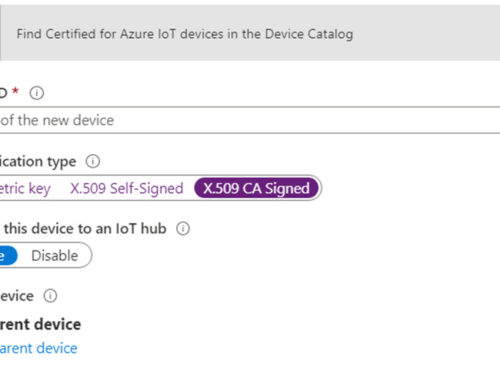Installing, deploying, and managing applications running on Kubernetes clusters can be complicated. Kubernetes Operators help to simplify this process by providing an easy way to manage via custom resource definition objects and custom controllers. Their life cycle can be managed using Kubernetes APIs, making it possible to automate tasks such as application deployment and scaling.
Kubernetes operators have become a popular tool in the Kubernetes community. Their usage has grown to a point that many companies are now using them in production since Kubernetes operators provide an easy and consistent way to manage complicated applications.
Here are five reasons why Kubernetes Operators have become the new norm:
1. Kubernetes Operators provide a much simpler, automated, and declarative way to manage applications running on Kubernetes clusters, such as databases, message queues, machine learning stacks, and more.
2. Kubernetes Operators use custom resources that make it easier to describe the desired state of an application running on Kubernetes clusters.
3. Kubernetes Operators can manage the entire life cycle of application deployment, scaling, upgrades, and retirement while providing various features such as self-healing and automated rollback.
4. Kubernetes Operators help speed up application maintenance and development cycles since Kubernetes Operators are designed to continuously check the status of an application and make necessary changes.
5. Kubernetes Operators provide a unified platform for application management and deployment, allowing Kubernetes clusters to be managed as a single unit rather than as individual components.
Kubernetes Operators are becoming increasingly popular for operating microservices on Kubernetes clusters due to their ease of use and automated processes. Here are two example use cases:
1. Kubernetes Operators can be used to quickly deploy and maintain databases such as MongoDB, Cassandra, and PostgreSQL in Kubernetes clusters. Kubernetes Operators also provide automated processes for scaling, upgrades, and self-healing capabilities.
2. Kubernetes Operators also use custom resources that make it easier to describe the desired state of an application since stateful applications present a unique challenge when running in a Kubernetes environment due to the inherent problems with replicating stateful data across multiple nodes. In contrast, Kubernetes Operators are specifically useful for managing stateful applications, such as Redis
Conclusion:
Kubernetes Operator is leading the way applications, especially stateful applications, running on Kubernetes clusters are managed and operated. Kubernetes Operator provides a much simpler and more automated way to manage applications with life cycle management, self-healing capabilities, and more for application deployment.





